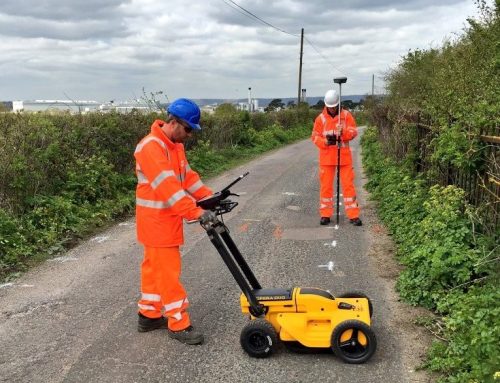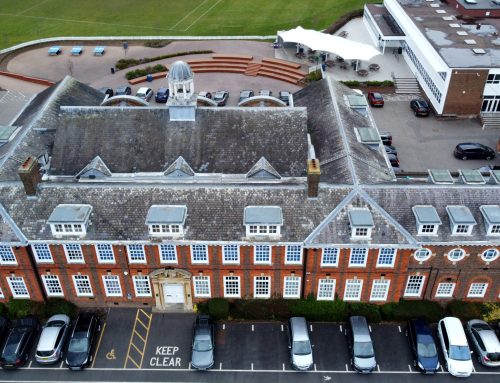Party Wall Surveys: Navigating Disputes and Legal Obligations
If you’re planning building work that affects a shared wall, boundary or nearby structure, it’s essential to understand your responsibilities under the Party Wall etc. Act 1996. A Party Wall Survey isn’t just a tick-box exercise, it helps protect your property, keep things amicable with neighbours, and ensure your project meets legal requirements.
Whether you’re adding an extension, converting the loft, or digging foundations for a basement, the Act is there to protect both you and the people living next door. A qualified Party Wall Surveyor will guide you through the legal process and help avoid issues that could delay your build or lead to disputes.
What is a Party Wall Survey?
A Party Wall Survey is a formal process that comes into play when building work might impact a shared wall (known as the “party wall”) or a neighbouring property. The survey ensures everything is properly recorded and that your neighbour’s property is considered and protected.
Types of work that usually require a party wall notice include:
- Building an extension close to the boundary
- Loft conversions involving steel beams inserted into the party wall
- Excavations within 3 to 6 metres of another building
- Underpinning, demolishing, or rebuilding shared structures
The survey process helps make sure an agreement is reached fairly before any work starts.
When is a Party Wall Survey Needed?
If your project falls within the scope of the Party Wall etc. Act 1996, you’re legally required to serve written notice on any adjoining owners. This must be done at least one or two months before the work begins, depending on the type of work involved.
If your neighbour gives written consent, the process is usually simple. But if they object or don’t respond within 14 days, both parties will need to appoint a surveyor (either together or separately).
The appointed surveyor(s) will then produce a Party Wall Award — a legal document that outlines what the work involves, how and when it will be carried out, and what steps will be taken to protect the adjoining property.
Why Use a Qualified Party Wall Surveyor?
Technically, anyone who isn’t involved in the building works can act as a surveyor, but it’s strongly advised to use someone experienced, ideally a qualified, RICS-accredited professional. They’ll have the legal knowledge, impartiality and technical understanding needed to handle the process properly.
A good Party Wall Surveyor will:
- Draft and serve notices that meet the legal requirements
- Prepare a detailed Schedule of Condition of the neighbour’s property
- Produce a fair Party Wall Award for both sides
- Help resolve concerns and prevent conflicts from escalating
At Subvision Surveys, our team are fully qualified and has years of experience dealing with all aspects of the Party Wall etc. Act. We take care of the process from start to finish and always act fairly for both parties.
What Does a Party Wall Award Include?
A Party Wall Award typically sets out:
- A clear description of the works
- Working hours and proposed start date
- Access arrangements for contractors
- A Schedule of Condition for the adjoining property
- Any protective measures needed during the works
- Drawings or method statements, if required
- Steps to follow if there’s a disagreement during the work
It gives everyone involved clarity on what to expect and helps avoid problems once the build is underway.
What Happens if You Don’t Follow the Party Wall Act?
Not following the correct procedure can lead to serious problems. If you start work without serving notice or fail to get a Party Wall Award, your neighbour could take legal action. In some cases, they can apply for an injunction to stop the works, even mid-build. You might also face claims for damage or compensation. And if you try to sell your property later, unauthorised works can hold up the sale or require retrospective agreements. All of this can be avoided by getting it right from the start.
Who Pays for the Party Wall Surveyor?
In most cases, the person doing the building work (the ‘building owner’) pays the surveyor’s fees, the cost of the Party Wall Award, and any necessary inspections. The only time this might differ is if the neighbour requests additional work or appoints their surveyor for reasons beyond what’s reasonable.
Costs vary depending on how complex the project is, but it’s a relatively small cost compared to the expense and hassle of a legal dispute or delayed works.
If you’re planning any structural work near a shared wall or boundary, it’s a good idea to get proper advice early on. Appointing a Party Wall Surveyor helps you stay on the right side of the law, protects your neighbour’s property, and gives your project the best chance of running smoothly.
Not sure if your project falls under the Party Wall Act? Contact Subvision Surveys for straightforward, expert advice tailored to your plans.






Leave A Comment